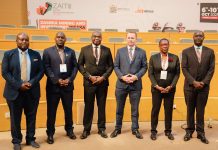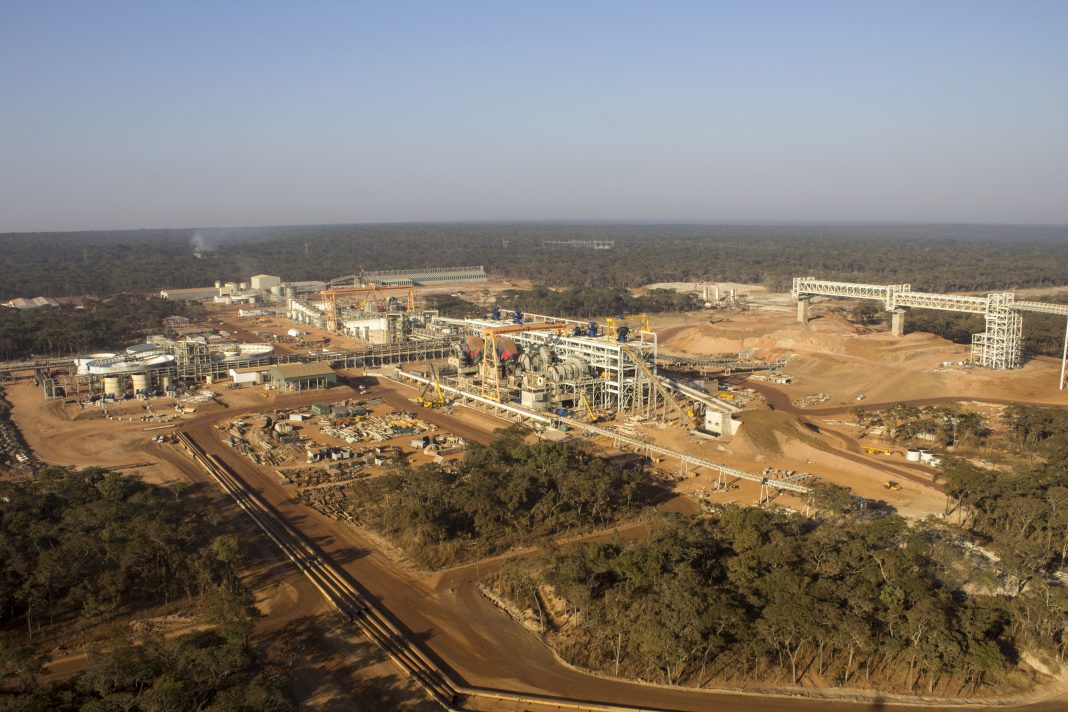With the promise of a review of mining tax policies, there is a sense in the international mining world that Zambia may be back in the running as a viable investment destination. First Quantum Minerals (FQM) has announced record highs in annual copper production, with Zambia’s Sentinel copper mine contributing substantially to the company’s global production in 2020. With copper topping $10,000 per metric tonne earlier this month for the first time since 2011, there have never been higher stakes in the game.
In a 14 May Mining Weekly article, Dr. Ian Haddon of the MSA Group pointed to the opportunities that Zambia’s mineral wealth presents to all stakeholders. If Government and the mining companies invested in Zambia can reach consensus on how mines should operate and how they should be taxed, the “revenue-generating opportunity” for explorers, producers, mining service providers, and Government will be enormous, he said.
Consistency in applying mining policies is key, emphasised Dr. Haddon, adding that the mining sector accounts for 75% of Zambia’s total exports, approximately 28% of Government revenue, and also makes up about 14% of the country’s Gross Domestic Product (GDP).
Commenting on the company’s record-breaking year for copper production, Philip Pascall, FQM’s chairperson and CEO told Mining Weekly separately: “[The year] 2020 was a very challenging and unprecedented year as a result of the Covid-19 pandemic. Despite the challenges (…) Sentinel performed exceptionally well.”
Kalumbila-based Sentinel mine’s copper production in 2020 amounted to 251,216 tonnes, representing a 14% increase from 2019. Indeed, statistics show that Zambia’s overall copper production beat records last year too, with Mines Minister Richard Musukwa calling the 882,061 tonnes of copper produced (up 10.8% from 2019), a “historical high” for Zambia. Over 53% of Zambia’s national copper production came from Northwestern Province’s FQM-run Sentinel and Kansanshi mines.
If Government and the mining companies invested in Zambia can reach consensus on how mines should operate and how they should be taxed, the “revenue-generating opportunity” will be enormous.
Mining Weekly’s reportage is evidence that the international community is sitting up and taking notice of Zambia – and, this time, for the right reasons. With the country’s mining sector focused on copper, surging demand for the red metal coupled with sky-rocketing prices may seem like an express route out of what some have called an economic hole. But Dr. Haddon warns of the risks of short-term thinking.
“Where increasing risk and uncertainty coincide with shrinking margins, investment in exploration and mine development will dry up, and investors will move their attention to countries where there is a lower perceived risk, and better returns. This scenario has been playing out in Zambia.”
Dr. Haddon emphasises the importance of regulatory and political certainty in attracting – and retaining – a stable, trust-based relationship with miners, investors, lenders and off-takers. Mining is a “long-term game”, he emphasises. Is Zambia ready to play it?
See also: Are we prepared to play the long game?























